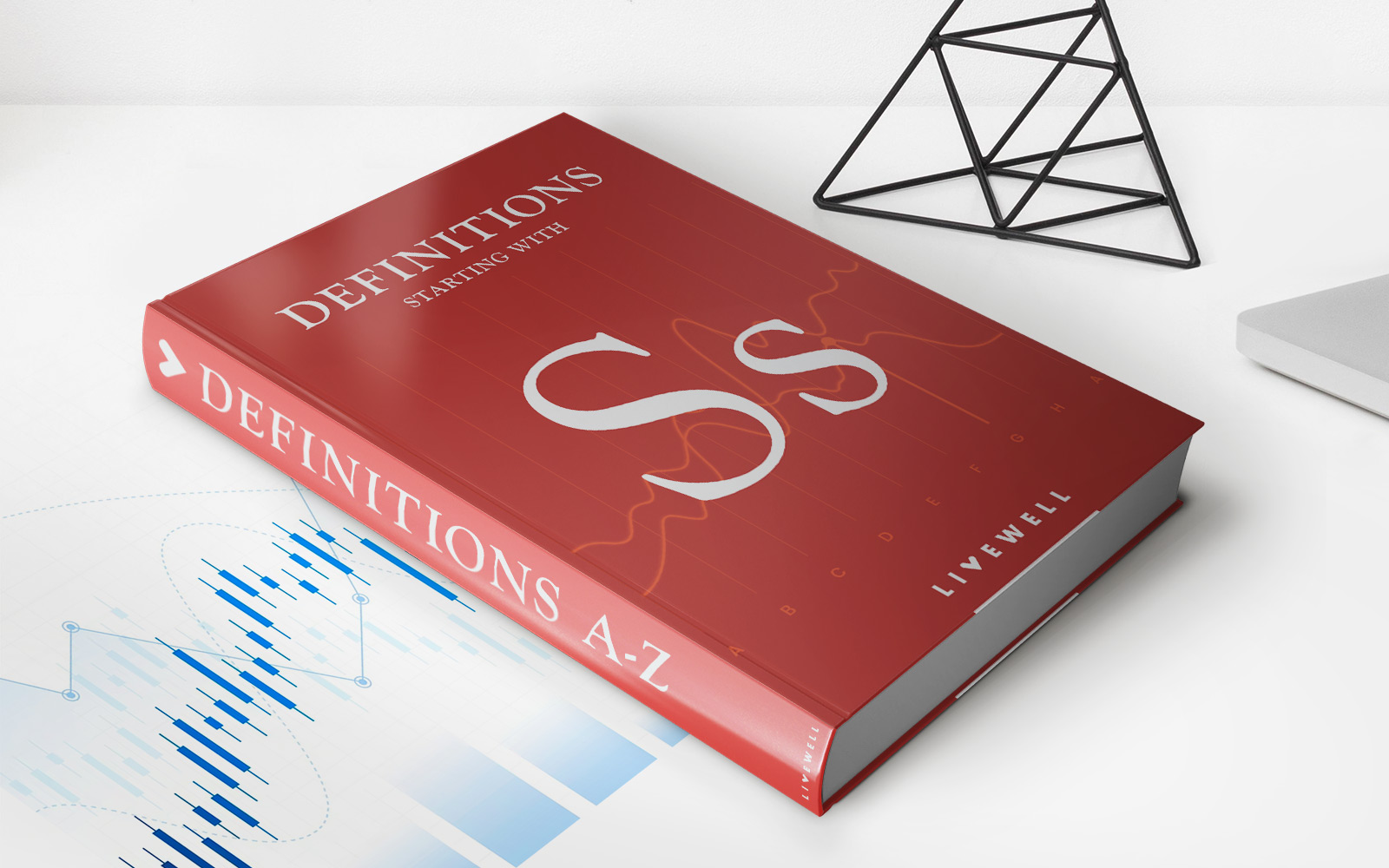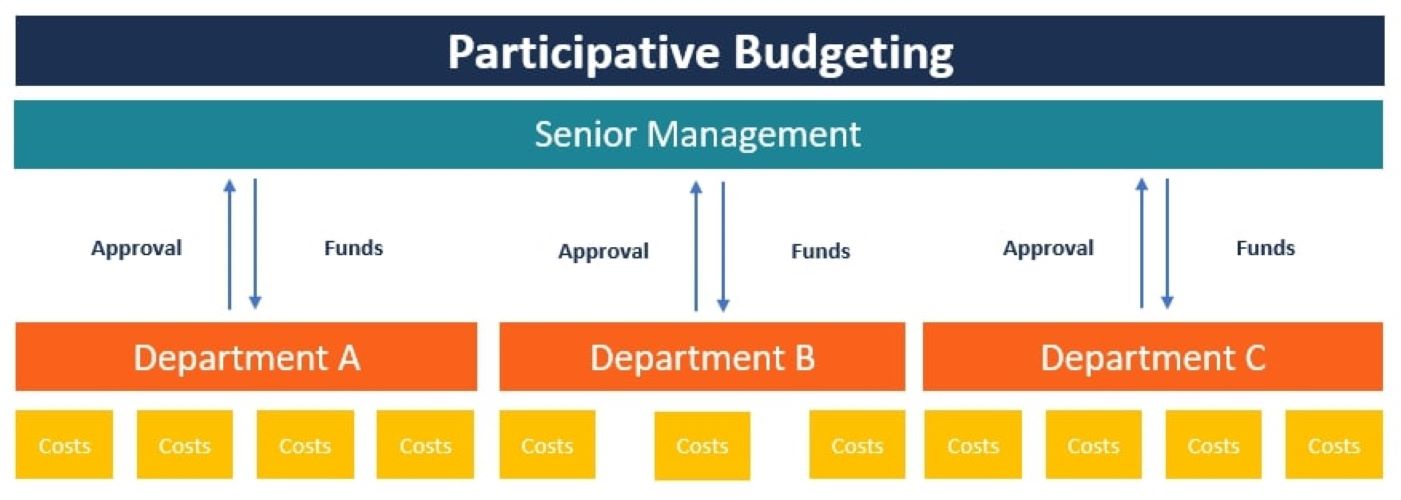

Finance
What Are Options Contracts?
Published: February 28, 2024
Learn about options contracts in finance, including how they work, their benefits, and potential risks. Discover how options can be used for investment and risk management.
(Many of the links in this article redirect to a specific reviewed product. Your purchase of these products through affiliate links helps to generate commission for LiveWell, at no extra cost. Learn more)
Table of Contents
Introduction
Options contracts are versatile financial instruments that have gained popularity among investors and traders. These contracts provide the opportunity to speculate on the price movements of various assets, including stocks, commodities, and indices, without the obligation to own the underlying asset. This flexibility makes options contracts a valuable tool for managing risk, generating income, and capitalizing on market opportunities.
Options contracts are widely used in the financial markets, offering a range of strategies for both hedging and speculative purposes. Understanding the fundamentals of options contracts is essential for anyone looking to navigate the intricacies of the derivatives market. In this comprehensive guide, we will delve into the intricacies of options contracts, exploring their types, functions, benefits, and risks.
Whether you are a seasoned investor or a novice trader, grasping the mechanics of options contracts can significantly enhance your investment prowess. By demystifying the complexities of options trading, this guide aims to empower readers with the knowledge and confidence to explore the potential of options contracts in their investment journey. Let's embark on a journey to unravel the intricacies of options contracts and discover the opportunities they present in the dynamic world of finance.
Understanding Options Contracts
Options contracts are financial instruments that grant the holder the right, but not the obligation, to buy or sell an underlying asset at a predetermined price within a specified time frame. These contracts derive their value from the price movements of the underlying asset, providing investors with the opportunity to profit from market fluctuations without owning the asset itself.
There are two primary types of options contracts: call options and put options. A call option gives the holder the right to buy the underlying asset at a specified price, known as the strike price, before the expiration date. On the other hand, a put option grants the holder the right to sell the underlying asset at the strike price before the expiration date. Both types of options contracts offer strategic opportunities for investors to capitalize on market movements.
Options contracts are traded on organized exchanges, such as the Chicago Board Options Exchange (CBOE), providing liquidity and transparency to market participants. These contracts are available on a wide range of underlying assets, including stocks, exchange-traded funds (ETFs), commodities, and indices, offering diverse opportunities for investors to engage in options trading.
Understanding the key components of options contracts, including the strike price, expiration date, and option premium, is crucial for effective decision-making in options trading. The interplay between these elements influences the potential profitability and risk exposure associated with options contracts, making it essential for investors to grasp their dynamics.
Options contracts also play a pivotal role in hedging strategies, allowing investors to protect their portfolios against adverse price movements in the underlying assets. By incorporating options contracts into their investment approach, market participants can mitigate downside risk and enhance the overall resilience of their investment positions.
As we unravel the intricacies of options contracts, it becomes evident that these financial instruments offer a spectrum of strategic possibilities for investors and traders. Whether used for speculative purposes or risk management, options contracts provide a dynamic avenue for engaging with the financial markets and harnessing the potential of price movements in various assets.
Types of Options Contracts
Options contracts are categorized into two main types: call options and put options, each serving distinct purposes in the realm of options trading.
Call Options: Call options provide the holder with the right to buy the underlying asset at a predetermined price, known as the strike price, within a specified time frame. This type of options contract enables investors to benefit from potential price appreciation in the underlying asset. If the market price of the asset rises above the strike price, the call option holder can exercise the option, purchasing the asset at the predetermined price and potentially profiting from the price differential.
Put Options: Put options, on the other hand, grant the holder the right to sell the underlying asset at the strike price within the designated time period. Put options are utilized by investors to profit from anticipated price declines in the underlying asset. When the market price of the asset falls below the strike price, the put option holder can exercise the option, selling the asset at the predetermined price and potentially realizing gains from the price variance.
Furthermore, options contracts can be classified based on their expiration date, with two primary categories: American options and European options. American options allow the holder to exercise the option at any time before the expiration date, providing greater flexibility. In contrast, European options can only be exercised at the expiration date. The distinction between these types of options contracts influences the strategic considerations and potential outcomes for investors and traders.
Moreover, options contracts can be standardized, exchange-traded instruments or customized, over-the-counter (OTC) derivatives tailored to specific requirements. Standardized options contracts are traded on organized exchanges, offering liquidity and transparency, while OTC options are customized contracts negotiated directly between two parties, allowing for personalized terms and conditions.
Understanding the various types of options contracts empowers market participants to strategically leverage these financial instruments in alignment with their investment objectives and risk tolerance. Whether seeking to capitalize on market opportunities or implement risk management strategies, the diverse array of options contracts provides a versatile toolkit for engaging with the dynamic landscape of the financial markets.
How Options Contracts Work
Options contracts function based on the interplay of key elements, including the underlying asset, strike price, expiration date, and option premium. These components collectively determine the potential profitability and risk exposure associated with options trading.
When an investor purchases an options contract, they are acquiring the right to buy or sell the underlying asset at the specified strike price before the expiration date. This right is not obligatory, providing the flexibility to choose whether to exercise the option based on market conditions and investment objectives.
The strike price represents the predetermined price at which the underlying asset can be bought or sold upon exercising the option. It plays a crucial role in determining the profitability of the options contract, as the price differential between the market price of the asset and the strike price influences the potential gains or losses upon exercising the option.
Furthermore, the expiration date defines the timeframe within which the options contract remains valid. It represents the deadline for the option holder to exercise their right to buy or sell the underlying asset. As the expiration date approaches, the dynamics of options pricing and market conditions can significantly impact the value and potential outcomes of the options contract.
Option premium, or the price of the options contract, reflects the cost of acquiring the rights embedded in the contract. This premium is influenced by various factors, including the volatility of the underlying asset, time to expiration, interest rates, and market expectations. Understanding the determinants of option premium is essential for evaluating the cost and potential returns associated with options trading.
Options contracts can be traded actively in the financial markets, allowing investors to buy and sell options to capitalize on market movements and adjust their investment positions. Market participants engage in options trading to speculate on price movements, hedge against risks, generate income through option writing, and implement complex trading strategies to achieve their financial objectives.
The mechanics of options contracts offer a dynamic platform for investors and traders to navigate the complexities of the financial markets, leveraging the strategic possibilities presented by these versatile instruments. By comprehending how options contracts work, market participants can harness the potential of options trading to enhance their investment portfolios and navigate the ever-evolving landscape of finance.
Benefits of Options Contracts
Options contracts offer a myriad of benefits for investors and traders, providing a versatile toolkit for engaging with the financial markets and managing investment positions. Some of the key advantages of options contracts include:
- Flexibility: Options contracts provide investors with the flexibility to capitalize on market movements without the obligation to own the underlying asset. This flexibility allows for diverse trading strategies, including speculation, hedging, and income generation through option writing.
- Leverage: Options contracts enable investors to gain exposure to the price movements of the underlying asset at a fraction of the cost of owning the asset outright. This leverage magnifies the potential returns on investment, offering an efficient means to amplify trading opportunities.
- Risk Management: Options contracts serve as valuable tools for managing risk in investment portfolios. By utilizing options for hedging purposes, investors can protect their positions against adverse market movements, mitigating potential losses and enhancing the overall resilience of their portfolios.
- Income Generation: Through option writing, investors can generate income by selling options contracts and collecting premiums. This strategy allows for the monetization of market expectations and can be employed in various market conditions to enhance portfolio returns.
- Diverse Strategies: Options contracts offer a wide array of trading strategies, including covered calls, protective puts, straddles, strangles, and spreads. These strategies provide investors with the flexibility to tailor their approaches to market conditions and investment objectives, unlocking a spectrum of strategic possibilities.
- Portfolio Enhancement: Incorporating options contracts into investment portfolios can enhance diversification and risk-adjusted returns. By integrating options strategies, investors can optimize their portfolios and capitalize on market inefficiencies, thereby bolstering overall portfolio performance.
These benefits collectively underscore the value of options contracts as dynamic instruments that empower investors and traders to navigate the complexities of the financial markets. Whether seeking to manage risk, capitalize on market opportunities, or generate income, options contracts offer a versatile platform for engaging with the ever-evolving landscape of finance.
Risks of Options Contracts
While options contracts offer compelling benefits, it is essential for investors and traders to acknowledge and understand the inherent risks associated with these financial instruments. Some of the key risks of options contracts include:
- Price Volatility: Options contracts are sensitive to price movements in the underlying asset. Elevated volatility can lead to rapid fluctuations in options prices, potentially resulting in significant gains or losses for investors. Therefore, market volatility presents a notable risk factor in options trading.
- Time Decay: Options contracts have a finite lifespan, and their value is influenced by the passage of time. As the expiration date approaches, the time value of options diminishes, leading to potential erosion of the options’ worth. Time decay poses a risk for option holders, particularly when market conditions do not align with their expectations within the designated timeframe.
- Market Risk: Options contracts are exposed to general market risk, including macroeconomic factors, geopolitical events, and broad market trends. Adverse market conditions can impact the value of options contracts, leading to potential losses for investors. Therefore, market risk is a critical consideration in options trading.
- Leverage and Margin: The use of leverage in options trading amplifies both potential returns and potential losses. Investors trading options on margin face the risk of margin calls and the potential for substantial losses exceeding their initial investment. Prudent risk management is essential to mitigate the perils associated with leverage and margin trading.
- Complexity: Options trading involves a degree of complexity, particularly when employing advanced strategies and multi-leg positions. The intricate nature of options contracts can pose challenges for inexperienced traders, potentially leading to unintended outcomes and losses if not approached with careful consideration and understanding.
It is imperative for market participants to assess these risks diligently and employ risk management strategies to safeguard their investment capital. By comprehending the potential pitfalls of options contracts and implementing prudent risk mitigation measures, investors and traders can navigate the intricacies of options trading with greater resilience and confidence.
Conclusion
Options contracts represent a dynamic and versatile toolset for investors and traders in the ever-evolving landscape of finance. With the ability to speculate on price movements, manage risk, and capitalize on market opportunities, options contracts offer a spectrum of strategic possibilities for market participants.
By understanding the fundamentals of options contracts, including their types, mechanics, benefits, and risks, investors and traders can harness the potential of these financial instruments to enhance their investment portfolios and achieve their financial objectives. The flexibility, leverage, and diverse strategies offered by options contracts empower market participants to navigate the complexities of the financial markets with agility and precision.
While the benefits of options contracts are compelling, it is crucial for investors and traders to approach options trading with a comprehensive understanding of the associated risks. Price volatility, time decay, market risk, leverage, and complexity underscore the importance of prudent risk management and informed decision-making in options trading.
As market participants delve into the realm of options contracts, they are presented with a realm of strategic opportunities to tailor their approaches to market conditions, investment objectives, and risk tolerance. Whether seeking to hedge against market volatility, generate income through option writing, or capitalize on directional movements in asset prices, options contracts offer a dynamic platform for engaging with the financial markets.
Ultimately, the world of options contracts is characterized by its dynamism, offering a canvas for creativity, strategic acumen, and astute risk management. By embracing the potential of options contracts and integrating them into their investment toolkit, market participants can embark on a journey of exploration, adaptation, and growth in the captivating realm of options trading.














